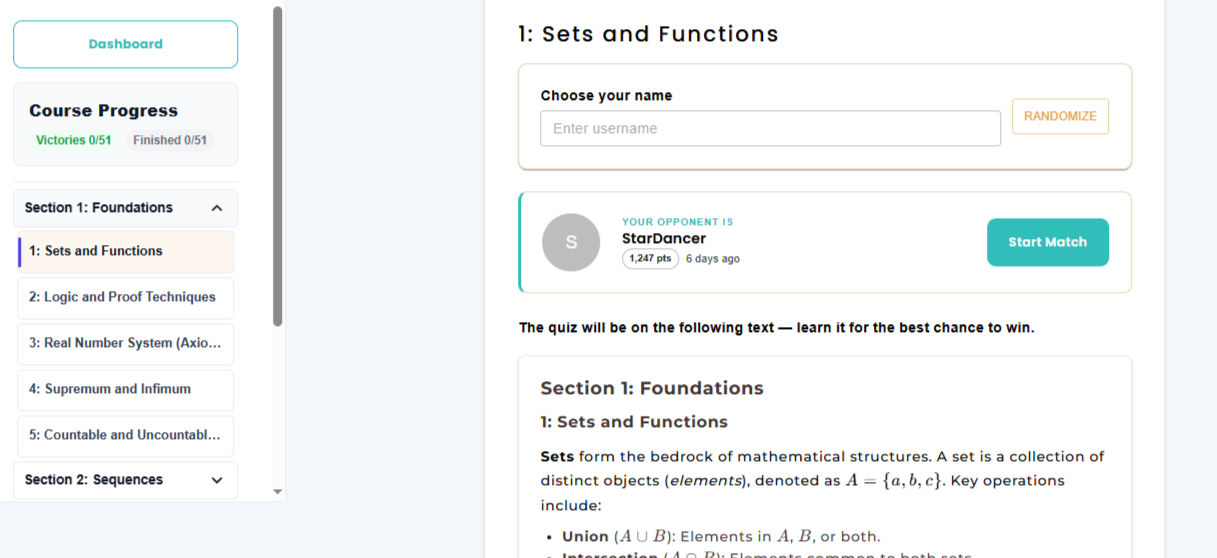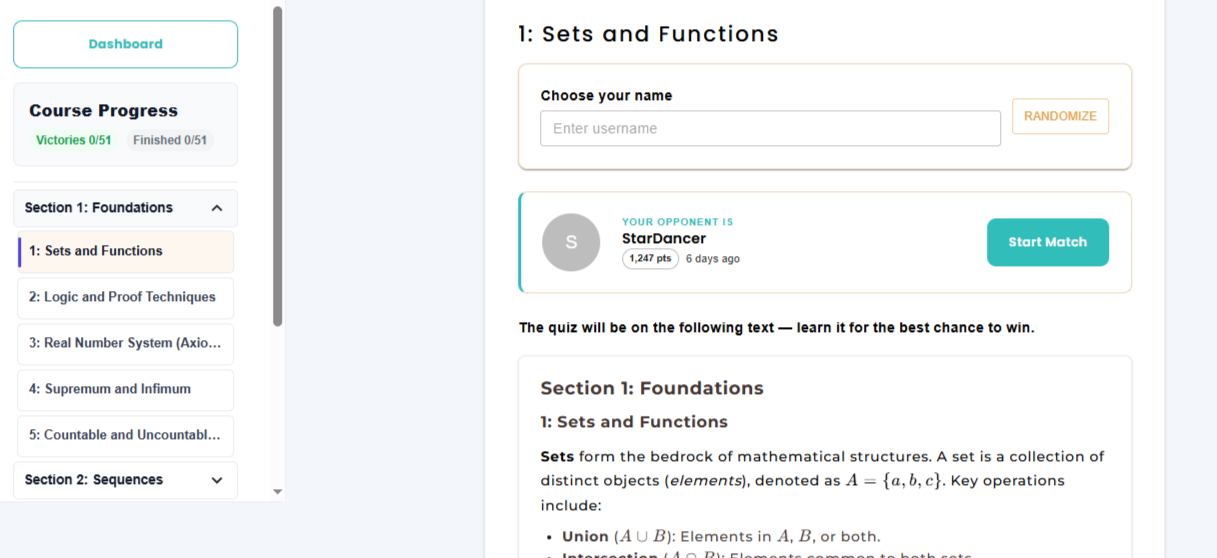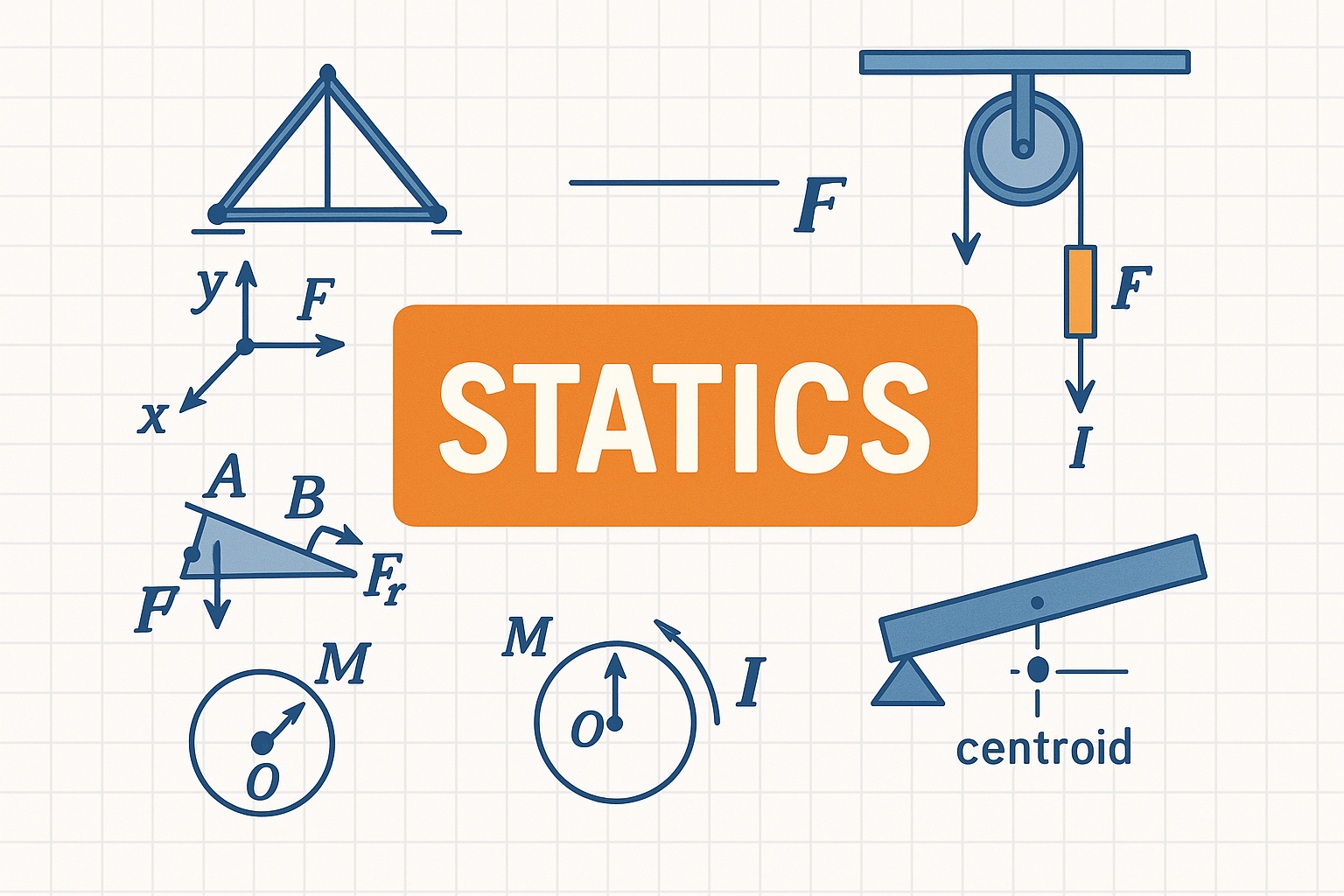Aug 17, 2025
Mastering Research Skills in Ancient Civilization Studies: Databases, Citations, Thesis, and Peer Review
Boost your research skills in ancient civilizations—database navigation, academic citation, thesis crafting, and peer review.
The study of ancient cultures is a process, which is much more than a search through dusty books or the excavation of ruins. It requires research dexterity development- like weapons that enable an aspiring historian, a teacher, or an average learner to make coherence out of a disparate data. There are four very important capabilities:
- Navigating Specialized Databases
- Using Academic Citation Effectively
- Formulating Insightful Thesis Statements
- Engaging in Peer Review with Purpose
These skills not only support rigorous scholarship—they also sync beautifully with your memory-challenge educational game, where learners assemble knowledge piece by piece. For deeper engagement and structured content, platforms like StudyGenius can provide curated resources and interactive modules tailored to these core methods.
1. Database Navigation: Searching the apposite Information
The first crucial step of research project is to find some reliable sources. Contemporarily, however, the number of archaeological and historical databases is huge, which is good. Such repositories usually contain digitized inscriptions, excavations reports, articles, and high-resolution photographs of artifacts.
It is important to learn how to operate such databases, how to use search terms, how to filter the data either by a date or a region, how to review metadata. As an example, a researcher seeking Bronze Age administrative tablets should understand whether to consult geo-tagged excavation catalogues, corpora that are restricted by language of provenance, or other thematic collections like the 10000-item group “trade documents”.
In your memory-challenge game, you could run such search drills as access to hints, simplified as things like, "Search the tablet which best fits the tax documents hint," so that research practice is made both entertaining and utilitarian.
2. Academic citation: crediting and credibility
Historical research has to base every word of yours on something which is provable. Intellectual honesty is maintained by academic citation and allows other people to follow your footsteps. It is not merely a technical requirement anymore, but an underlying scholarly requirement, via in-text citations up to full bibliographies.
There are standard designs such as the Chicago, APA, or MLA, which assist us in normalizing how we propose homage to original ideas, dates of manuscripts, and artifacts provenance. When referring to the ancient civilizations, the reference to the specific find spots, the volume of publications, or the curator notes may be the key to the perfect correctness or the trashy assumptions.
3. Thesis Formulation: Big Ideas Framing
Research consists of posing interesting questions and creating a direction of the future. That direction comes in a thesis statement, be it the inquiry into the collapse of a city or into the manner in which a specific trading network functioned.
The good thesis statements in the ancient history should be specific, debatable and evidence-based. “It is better to say that the destruction of Harappan urban centers was caused by environmental changes rather than invasion that led to their decline” than to a rather loose statement that the Harappans collapsed because of various reasons.
Inside your educational game, this might translate into missions: “Based on the clues, propose a central cause for this civilization’s decline,” prompting learners to form concise hypotheses before exploring related evidence. For extended guidance and examples of skillful thesis creation in ancient studies, learners can explore specialized content on StudyGenius.
4. Engagement in Peer Review: Reinforcing Dialogue in Scholarship
There is no research that stands by itself, it is matured by discussion. Formal or informal peer review would give essential critique, bring out objectivity, have the researcher identify blind spots or lack of logical links.
This will involve in practice going over what other people interpret artifacts sequences to be, argue over how heavy the climate change or warfare is in the decline of the society or make advice on which other sources can bring forward to refute a conclusion.
The reason why these skills are important in modern education.
Learning these four critical research skills, which include navigating a database, citation, thesis formulation, and peer review, can do more than develop historical expertise. They develop transferable skills such as Atp asfa information literacy, critical thinking and evaluative collaboration. They are necessary at a time of too much information and competing narratives.
Conclusion
To become a confident scholar of the fields of ancient civilization is much more than the knowledge of dates or monuments. It demands learning to search and filter information properly, acknowledge sources, make an argument and react to other peers intelligently.
As with all the research skills, integrating them into your learning game can do more than add content; it can make the learning more salient- turning the memory test into a lesson in how historians reason. It is providing learners with an avenue of going deeper StudyGenius ensures they receive both structure and context on their journey to historical fluency.






